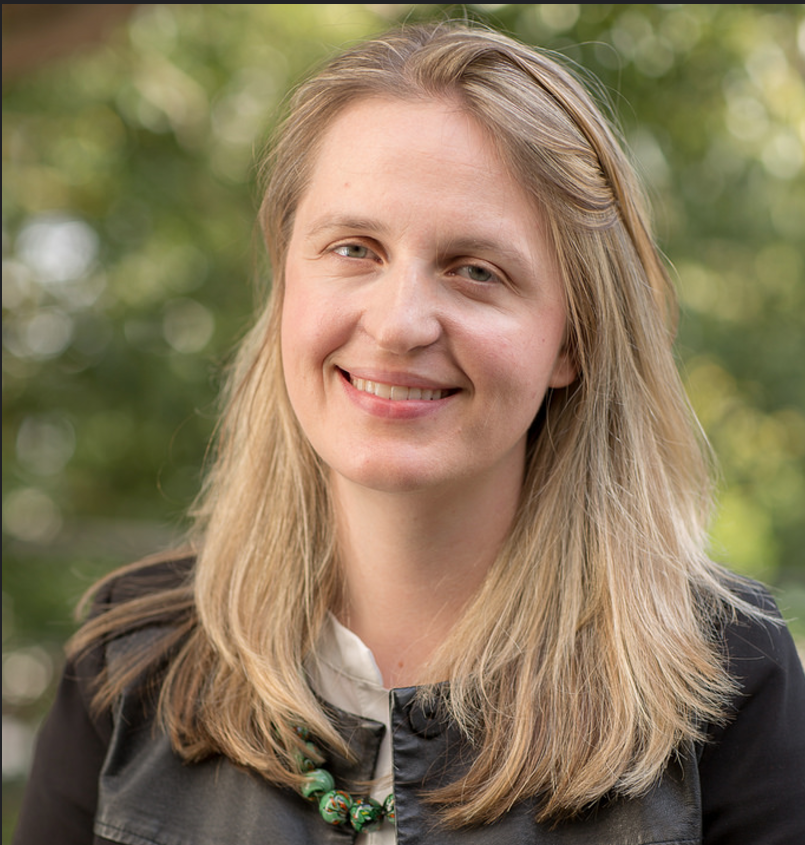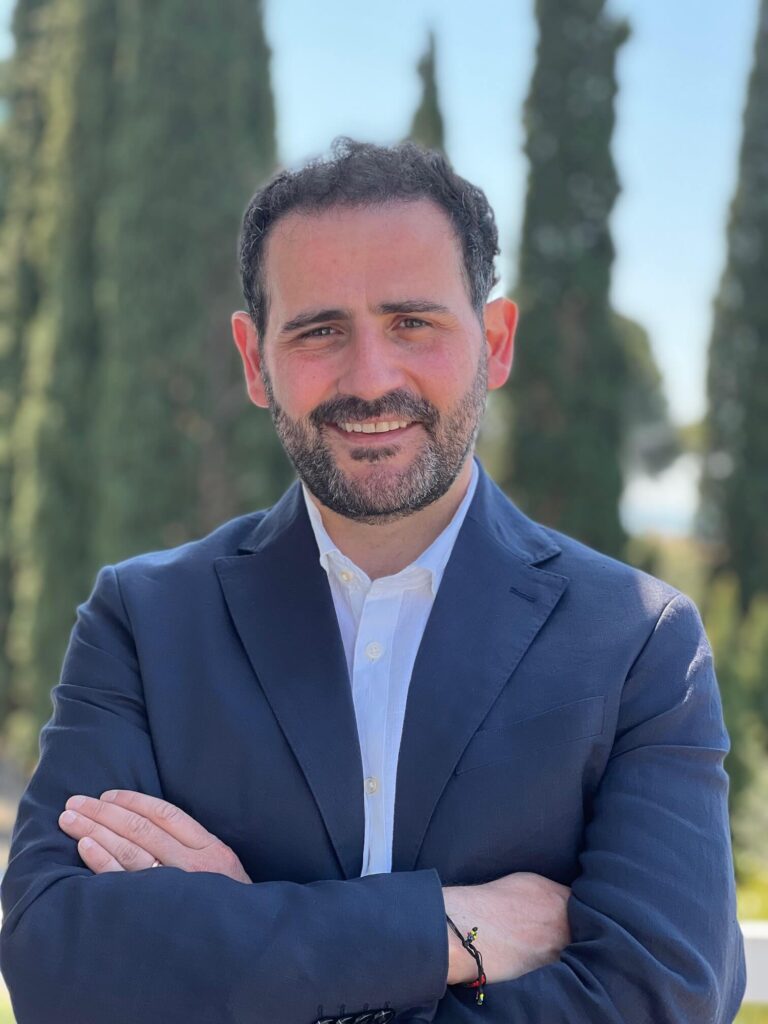
People
- Alex Rizzi
- Edoardo Totolo
- Jayshree Venkatesan
- Loretta Michaels
Topics
- Consumer Protection
- Digital Financial Services
- Digital Payments
- Enabling Environment
- Governance
- Policy, Regulation and Government Initiatives
- Responsible Digital Finance
- Responsible Product Design and Delivery
This paper was written as part of ongoing work on DPI under the aegis of the Responsible Finance Forum (RFF) and aims to inform the inclusive finance sector on responsible practices and consumer protection considerations in a rapidly evolving world of digital financial services.
RFF is a global convening platform that brings stakeholders together to assess and manage evolving consumer risks faced by financial systems and low- income people. Through convenings and working groups, RFF provides a forward-thinking neutral space for knowledge sharing, ongoing research, and global dialogue to improve risk identification and mitigation.
The Center for Financial Inclusion (CFI) has served as the convenor of RFF since 2022.
In recent years, we’ve come to recognize the transformative power of digital technologies and responsible financial services in protecting consumers, building trust in the formal financial system, and fostering economic participation from people who are normally excluded. However, the critical infrastructure enabling the responsible delivery of digital public financial services is often overlooked.
Pioneering initiatives like India Stack and e-Estonia have showcased the immense potential of digital public infrastructure (DPI) to revolutionize access to public goods and services, enhancing efficiency, transparency, and citizen engagement. Yet several key questions arise: How do we define this rapidly evolving concept? How do we ensure that current and future models of DPI are responsible and who is accountable for creating and upholding the necessary safeguards? How can we ensure long-term sustainability? And how should we measure outcomes and impact?
This report provides an analysis of the three foundational elements of DPI for inclusive finance: digital ID, digital payments, and consent-based data exchange. It also identifies open questions that need to be addressed to advance and refine DPI for inclusive and sustainable development, unlocking its potential to deliver positive outcomes through digital financial services.












